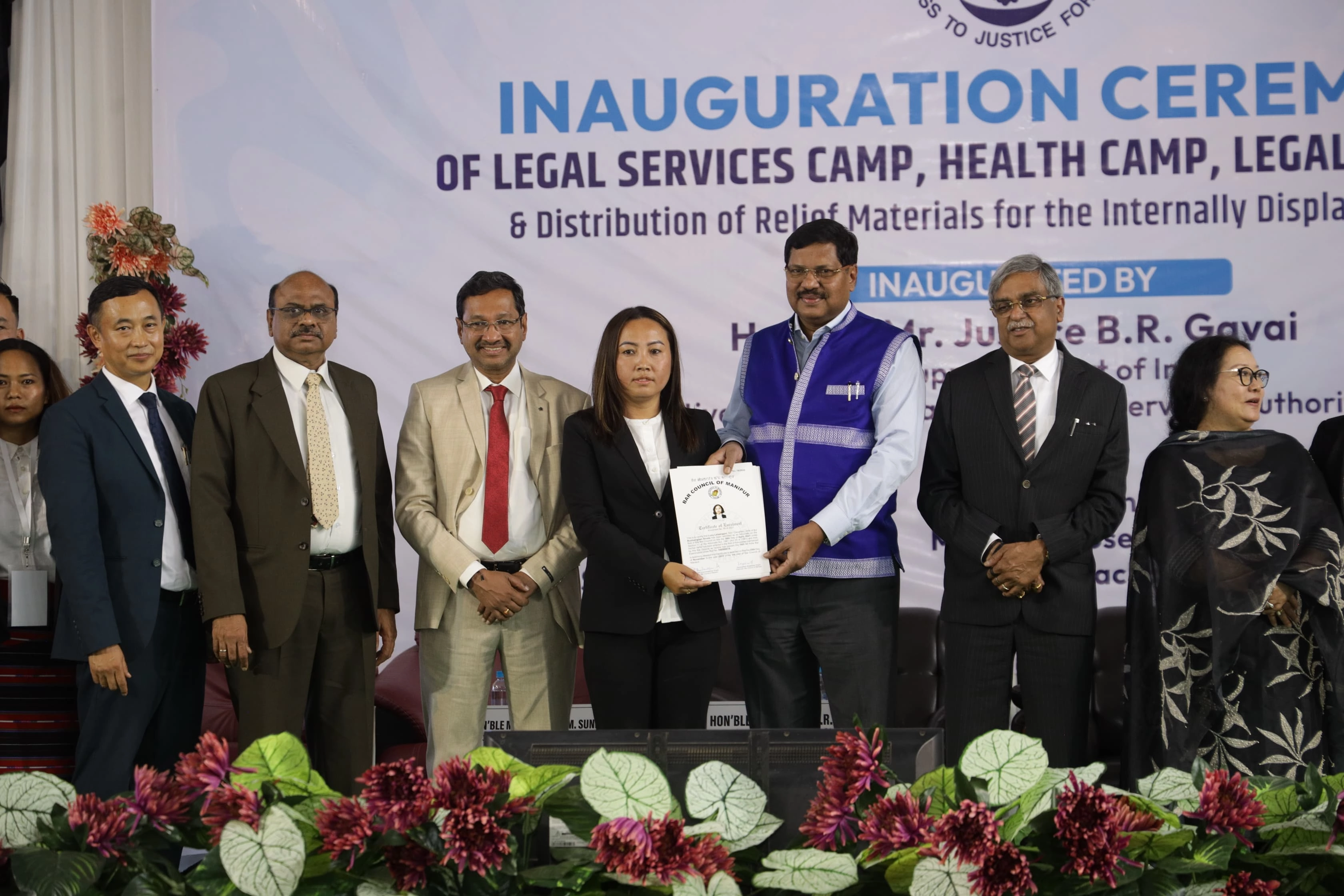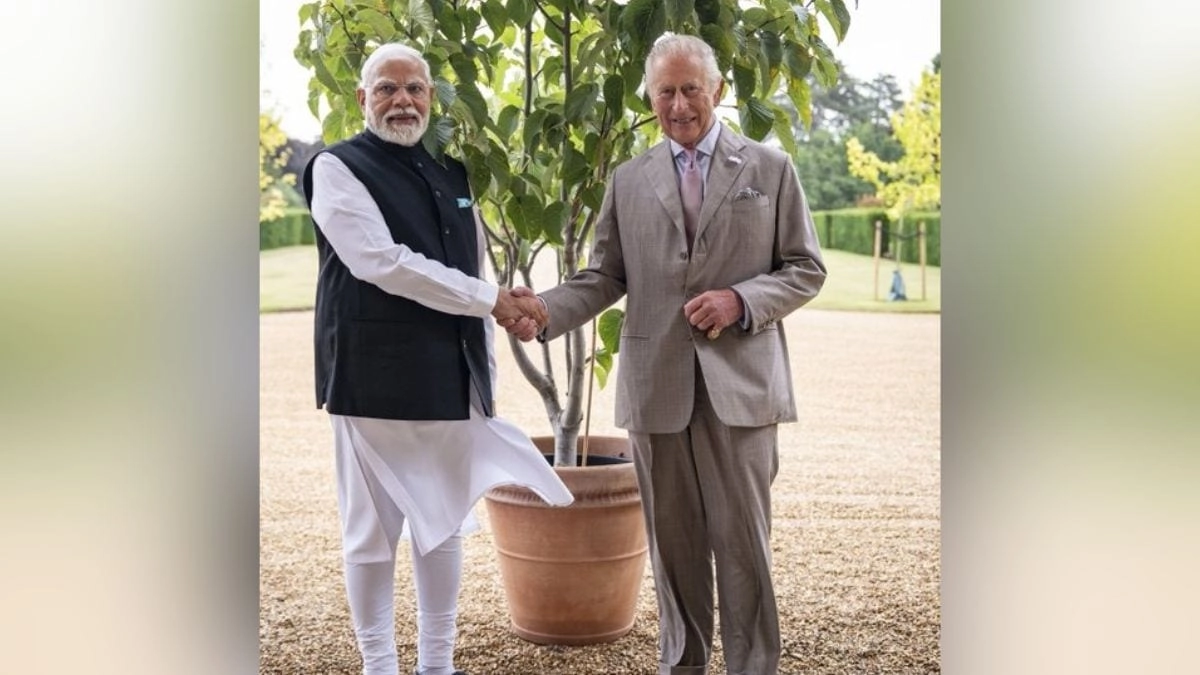In a significant outreach initiative, a delegation of Supreme Court judges recently visited the state of Manipur, marking a notable effort to bridge the gap between the judiciary and the local populace. This visit was not merely ceremonial; it served as a platform for the judges to engage directly with citizens, understand their legal challenges, and promote access to justice. One of the key highlights of this visit was the launch of free legal aid services, aimed at empowering marginalized communities who often face barriers in accessing legal representation. The judges emphasized the importance of legal literacy, urging residents to be aware of their rights and the available legal recourse.
In conjunction with the legal aid initiative, the judges also inaugurated medical camps to address the pressing healthcare needs of the local population. These camps provided essential medical services, including consultations, screenings, and basic healthcare supplies, which are often scarce in remote areas. By combining legal and medical support, the judges aimed to underscore the interconnectedness of health and justice, recognizing that overall well-being is crucial for individuals to effectively navigate legal systems. This dual approach not only demonstrated the judiciary’s commitment to social responsibility but also fostered a sense of trust and collaboration between the courts and the communities they serve.
The visit was met with enthusiasm from the local residents, who appreciated the judges’ willingness to engage with them directly. Many expressed their gratitude for the opportunity to seek legal advice and medical assistance, which they might not have been able to afford otherwise. The event was not only a testament to the judiciary’s role in promoting social justice but also highlighted the importance of outreach programs in enhancing the relationship between the legal system and the public. The judges’ proactive steps in Manipur set a precedent for similar initiatives across the country, encouraging other legal authorities to prioritize community engagement and support.
Overall, the Supreme Court judges’ visit to Manipur stands as a powerful reminder of the judiciary’s role in safeguarding the rights of individuals and addressing their needs beyond the courtroom. It reflects a broader commitment to ensuring that justice is accessible to all, regardless of socio-economic status. By providing free legal aid and medical services, the initiative aims to empower citizens, enhance their understanding of legal rights, and improve their overall quality of life. This approach not only addresses immediate needs but also fosters a culture of awareness and advocacy, paving the way for a more just and equitable society.




